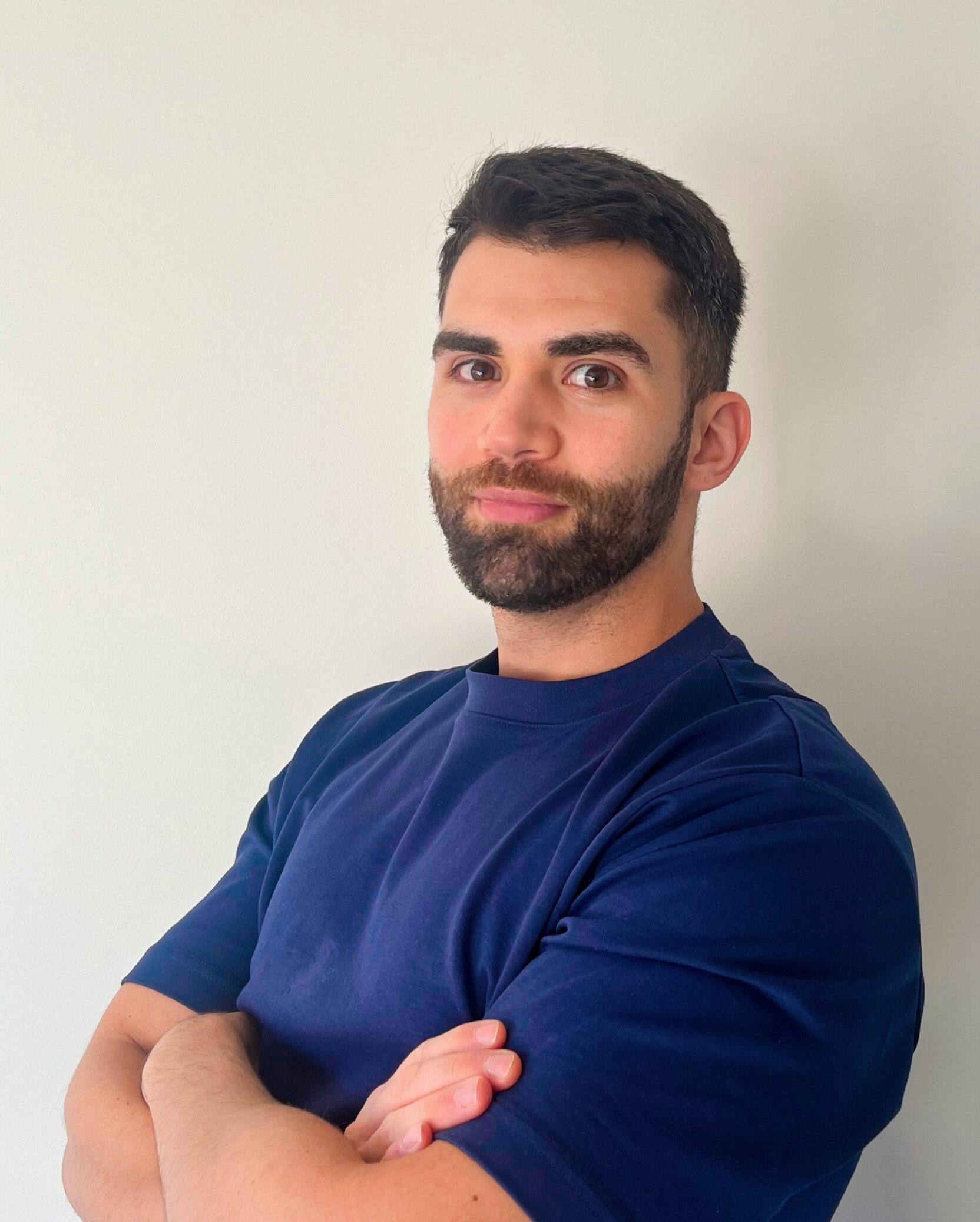Name | Thiago Ouriques Machado |
Position | Post-doctoral Research Associate |
Education | 2007-2013 – Bachelor’s in chemical engineering – Federal University of Santa Catarina, Brazil 2012-2013 – Bachelor’s in chemical engineering – Study Abroad Program – University of Queensland, Australia 2013-2015 – M.Sc. in chemical engineering – Federal University of Santa Catarina, Brazil 2015-2019 – Ph.D. in chemical engineering – Federal University of Santa Catarina, Brazil 2018-2019 – Ph.D. Secondment – Max-Planck Institute for Polymer Research, Germany |
Interests | I am interested in sustainable polymer materials and sustainable manufacturing for applications ranging from engineering plastics to specialty polymers, such as those used in biomedical devices. |
Links | https://scholar.google.com/citations?user=dipeWP4AAAAJ&hl=en |
Dr. Thiago Ouriques officially started on Jan 1st as a new postdoctoral researcher, in the Department of Chemistry at the Royal College of Surgeons in Ireland (RCSI). Having broad expertise in chemical engineering and synthetic polymer chemistry as well as polymer characterisation, he will work closely with other members of a multidisciplinary POLINA project team. We asked him some questions, to learn a bit more about his research skills and role in the project.
How did you get into this field of research?
My interest in polymer materials started during my bachelor’s degree and with the progression of my studies during MSc and PhD I have started to look into sustainable materials for biomedical and agricultural applications. In my postdoc at the University of Birmingham, I sought to learn how to use sustainable materials for additive manufacturing. Therefore, I am very enthusiastic about the opportunity to work on POLINA, where I will develop polymer materials based on amino acids for the manufacturing of biomedical devices, such as tracheal implants, through 3D patterning.
What is the most important quality you consider a researcher should have?
As a young researcher, I have found that patience is probably the most important quality in academia.
What are the soft/hard skills which make you good at POLINA tasks?
I am experienced at designing and characterizing new polymer materials, and I will be doing a lot of these on POLINA. Also, I appreciate working as part of a group and I am used to working in collaboration with other researchers, which is key to being a collaborator in the consortium that forms POLINA.
Let’s leave science aside, what other hobbies do you have?
My hobbies are weightlifting at the gym, running, reading and playing video games. I also love travelling to new places and trying new cuisines.

